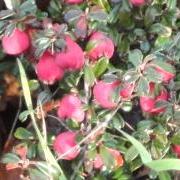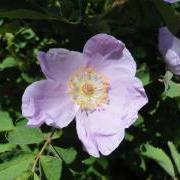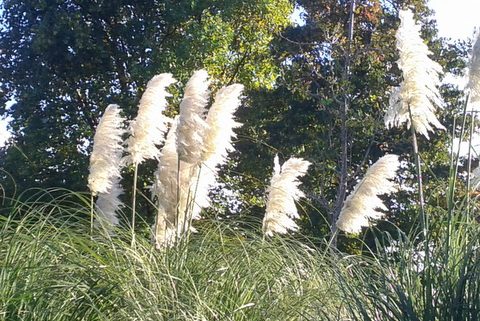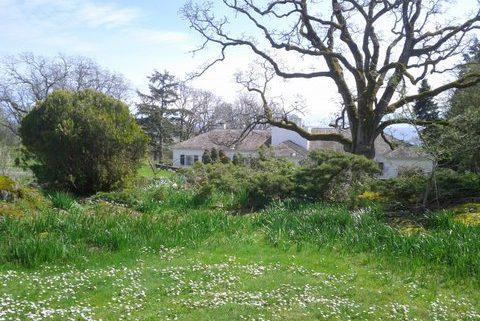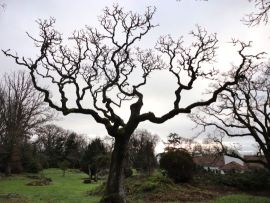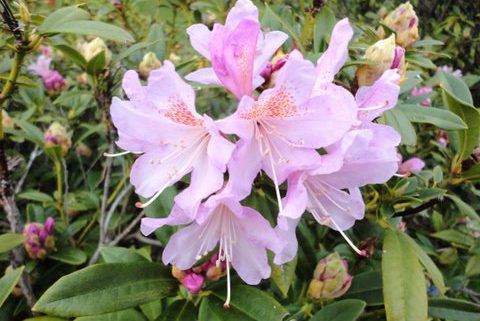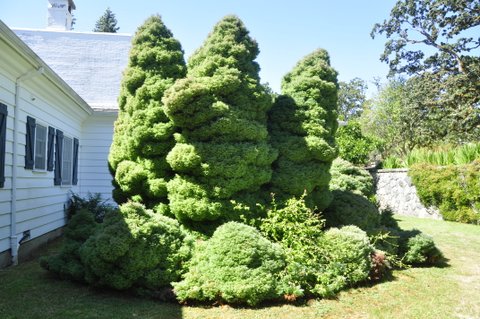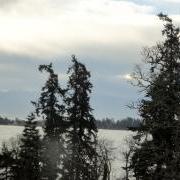Looking and Listening – February 14th Gathering
At this month’s video showing at Church of Truth, there were a dozen or so in attendance and we enjoyed four videos (two were Krishnamurti talks, one was Rupert Spira, and one was Eckhart Tolle). One of the key points made was that listening is often difficult amidst a constant stream of mind-based judgements, classifications and reactions. According to K., When one listens completely, there is no internal stream of commentary, no judgement. In the absence of mind filtering, listening is pure. K. suggests that the real quality of listening is pure ‘attention’ without acceptance or rejection. Looking and seeing also are subject to the same dynamic. The mind inherently distorts visual images with its own meaning and storyline. Pure seeing is a way of perceiving with much more depth, as the filters have fallen away. Rupert Spira puts this another way: Don’t look – just see… Finally, Eckhart describes the possibility of having a compassionate relationship with our mind… We see its limitations (which are not a problem). In time, awareness may become less fettered by mind activity, but there’s no need to fight or resist thought when we see it arising. The group enjoyed lively debate on many of the concepts, especially as to whether one can cause their mind or self-surrender based on effort or will. Another view on this was that a slight relaxing of awareness may be all that’s required for a deeper realisation to emerge. It was an enriching afternoon – Thanks to all who came out!

